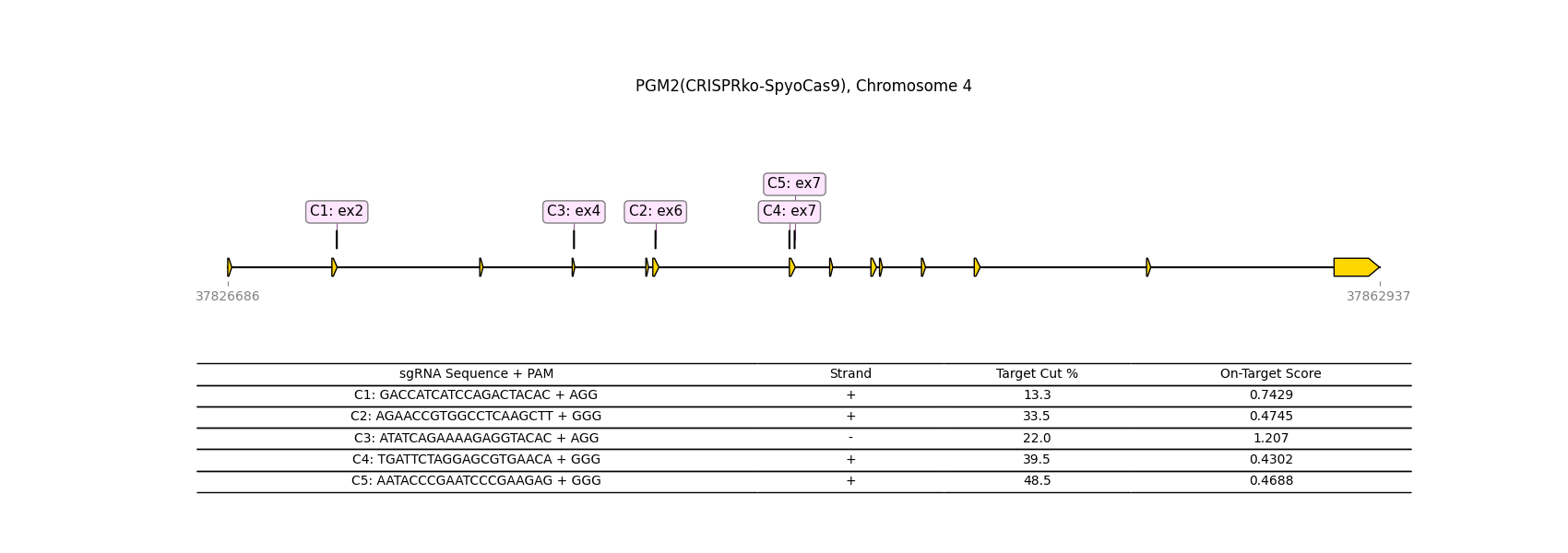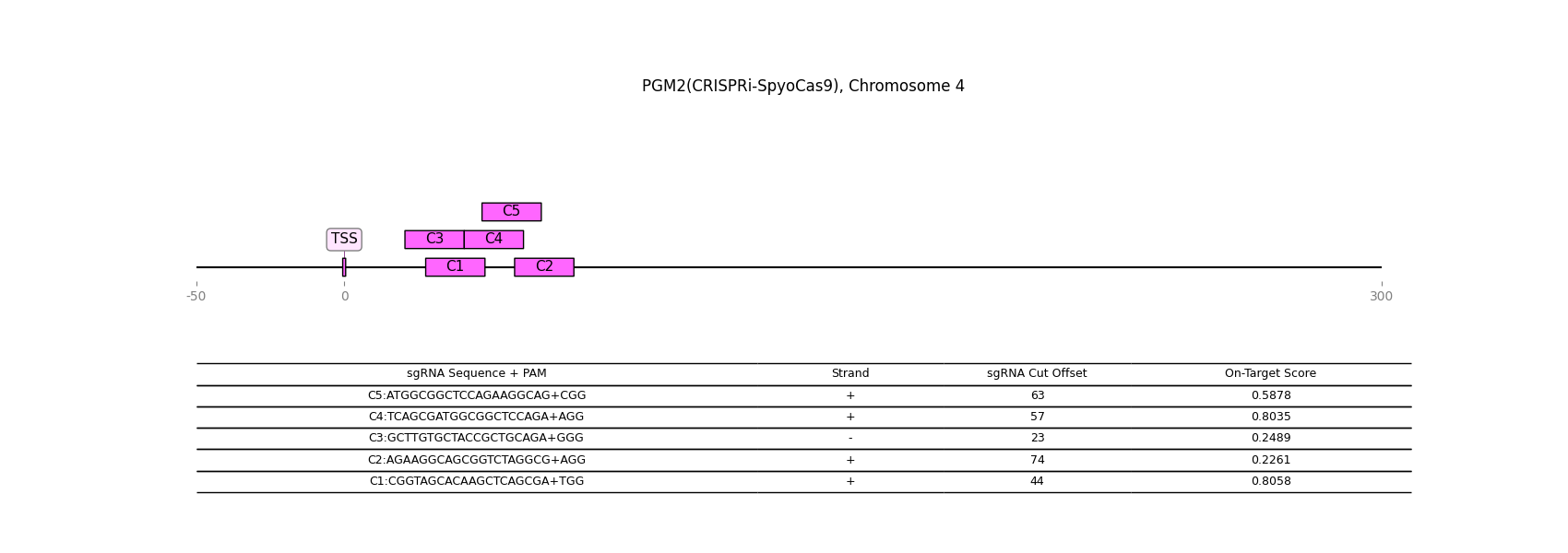Gene Details: PGM2
1 / 1
General Information
Gene Name: PGM2 (Phosphopentomutase)
Synonym:
Short Names:
Alternative Names: Glucose phosphomutase 2;Phosphodeoxyribomutase;Phosphoglucomutase-2;
Notes:
- Similar activity as PGM1 but with lower activity for this reaction.
Description from Dr.Glyco-GPT:
Warning: LLMs can generate factually incorrect information, as they simply predict the next word based on training data. Always verify LLM output by cross-checking with reliable sources!
Catalytic Activity

Reaction and Disease Links
OMIM:
172000
KEGG: 55276
Transcript levels (Cell lines and Single cell data) URL
CRISPR-knockout

CRISPR-activation

CRISPR-inactivation

Transcription factor-gene relationship (details at glycoTF page)
Top 10 TFs
| TF | Score |
|---|---|
| TCF25 | 0.668127 |
| UBE2I | 0.662109 |
| XRCC5 | 0.661995 |
| SSU72 | 0.654298 |
| YY1 | 0.648876 |
| HNRNPK | 0.646771 |
| SON | 0.643808 |
| RBM39 | 0.640948 |
| ZNF207 | 0.630985 |
| PCBP2 | 0.629142 |
Licensing: CC BY 4.0. You are fee to copy, redistribute, remix, transform and build upon all material, except for textbook figures from the Essentials.